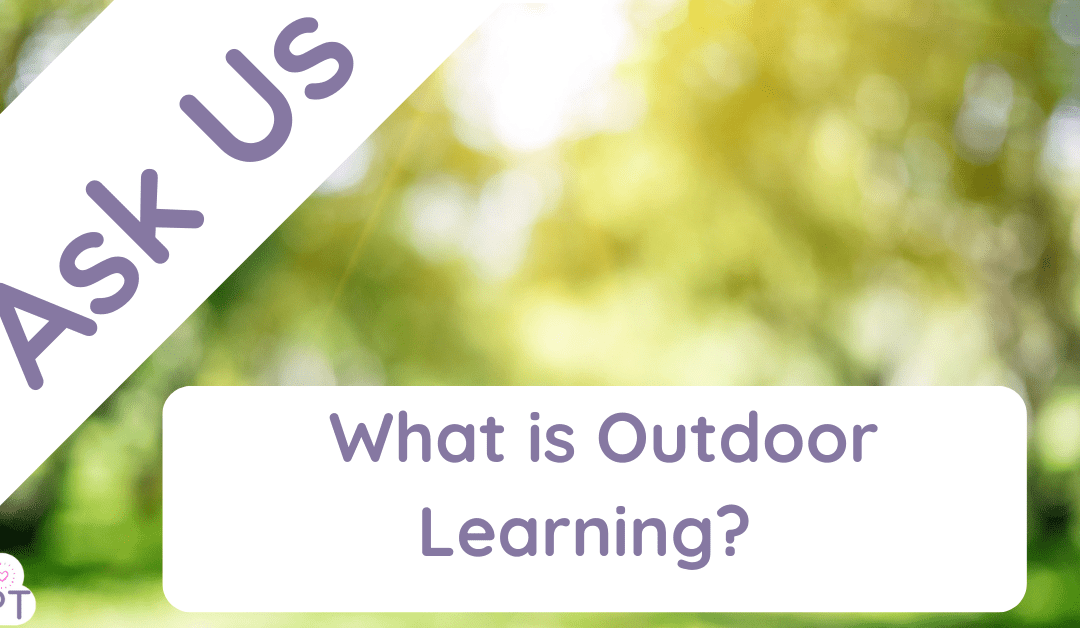What is Outdoor Learning?
Outdoor learning is an educational approach that takes students outside the traditional classroom environment to engage with nature and the outdoors. This method of learning not only enhances students’ academic skills but also promotes physical health, emotional well-being, and environmental stewardship. By integrating the natural world into the curriculum, educators can provide a more holistic and engaging learning experience.
Benefits of Outdoor Learning
Physical Health
Outdoor learning encourages physical activity, which is crucial for children’s health and development. Activities such as nature walks, gardening, and outdoor games help improve fitness, coordination, and overall well-being.
Sources:
Mental and Emotional Well-being
Spending time outdoors has been shown to reduce stress, anxiety, and depression. The natural environment can provide a calming and rejuvenating setting for learning.
Sources:
Environmental Awareness
Outdoor learning fosters a connection with nature, encouraging students to appreciate and care for their environment. This awareness can lead to more sustainable behaviors and a greater sense of responsibility towards the planet.
Sources:
Methods and Activities in Outdoor Learning
Nature Walks and Observations
Nature walks allow students to explore their local environment, observe wildlife, and learn about different plant species. This hands-on approach helps to reinforce classroom lessons with real-world examples.
Sources:
Gardening and Plant Studies
Gardening projects teach students about plant biology, ecology, and sustainability. Students can participate in planting, maintaining, and harvesting gardens, which enhances their understanding of food systems and ecosystems.
Sources:
Outdoor Science Experiments
Conducting science experiments outdoors can make learning more dynamic and impactful. Whether it’s studying weather patterns, soil composition, or water cycles, the natural environment offers a rich laboratory for scientific inquiry.
Sources:
Creative Arts and Storytelling
Using nature as inspiration for art and storytelling can stimulate creativity and enhance expressive skills. Students can draw, paint, write, and perform stories that reflect their outdoor experiences.
Sources:
Integrating the MPT Approach
The Muddy Puddle Teacher (MPT) approach emphasizes using outdoor environments to create engaging, hands-on learning experiences. Here are five links to MPT resources that can help integrate outdoor learning into your curriculum:
- Muddy Puddle Teacher: Outdoor Maths Lessons
- Muddy Puddle Teacher: Nature-Based Learning Activities
- Muddy Puddle Teacher: Seasonal Outdoor Activities
- Muddy Puddle Teacher: Forest School Techniques
- Muddy Puddle Teacher: Outdoor Learning Benefits
Case Studies and Success Stories
Improved Academic Performance
Schools that have integrated outdoor learning into their curriculum have seen improvements in student engagement and academic performance. Real-world applications of math, science, and literacy skills make learning more relevant and exciting for students.
Sources:
Enhanced Social Skills
Outdoor learning promotes teamwork, communication, and problem-solving skills. Group activities in natural settings encourage students to work together and build stronger social connections.
Sources:
Conclusion
Outdoor learning is a powerful tool that enhances education by connecting students with the natural world. It supports physical health, mental well-being, and environmental stewardship while making learning more engaging and relevant. By incorporating activities like nature walks, gardening, and outdoor science experiments, educators can create dynamic learning experiences that foster a love for nature and a lifelong passion for learning.
For further reading and resources, explore these links:
- Outdoor Classroom Day
- Nature Explore
- Council for Learning Outside the Classroom
- Forest School Association
- Outdoor Learning Research
By embracing outdoor learning, we can provide children with enriching educational experiences that promote a deeper understanding of and connection to the world around them.


